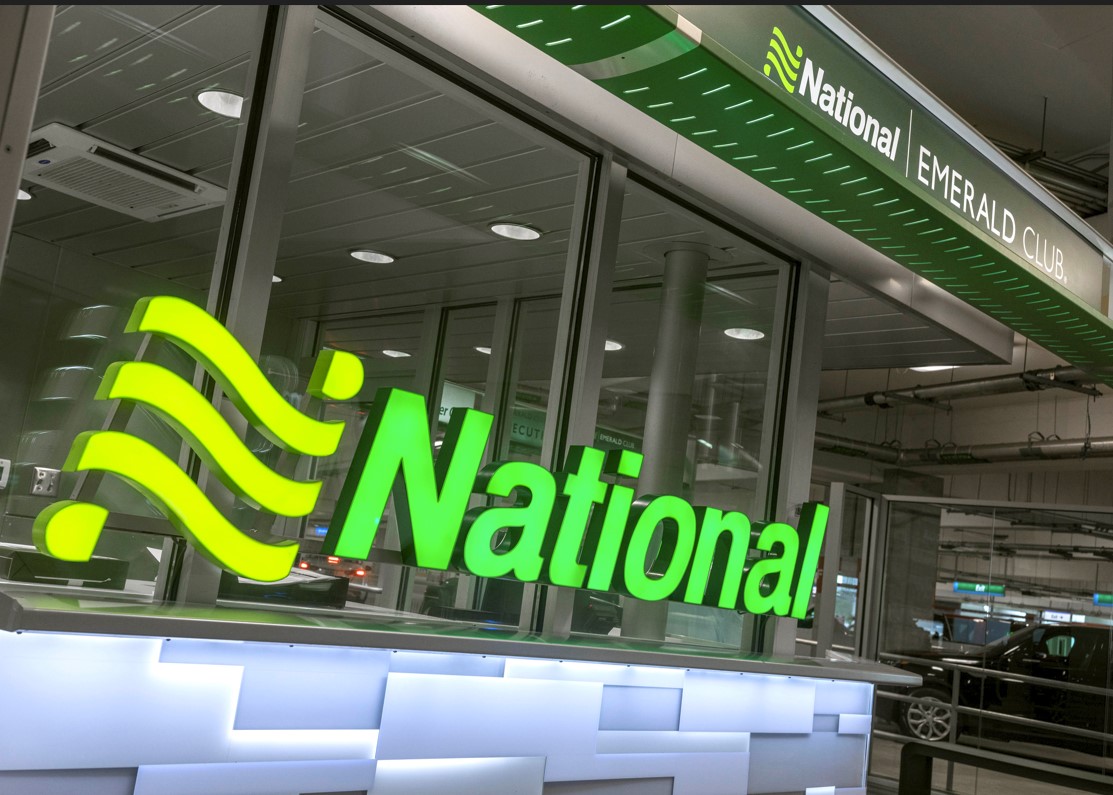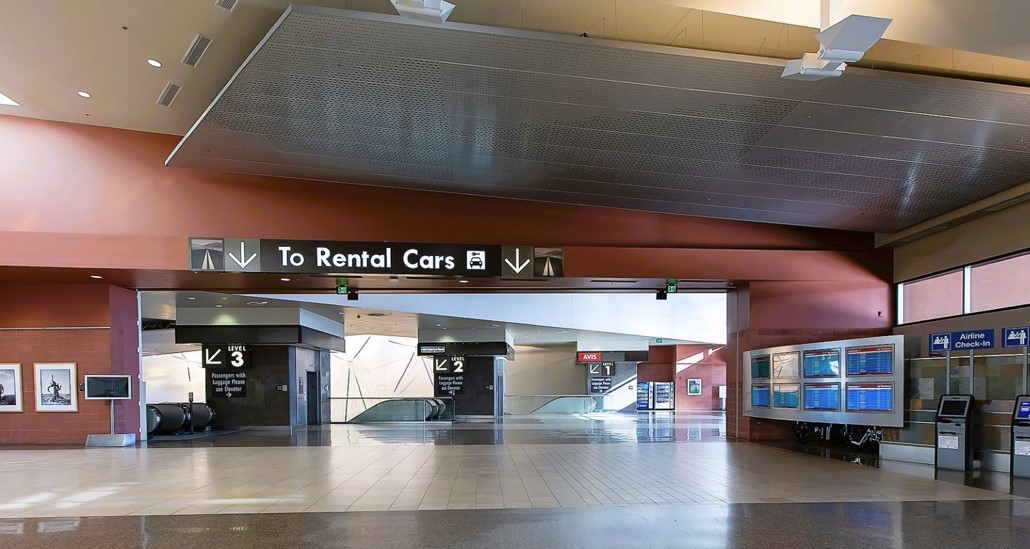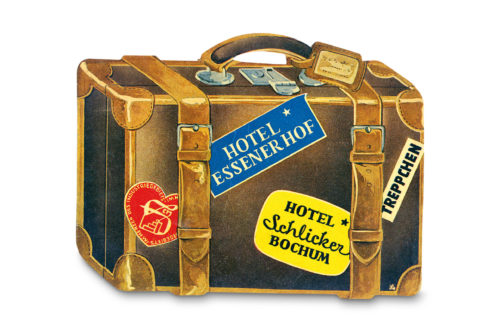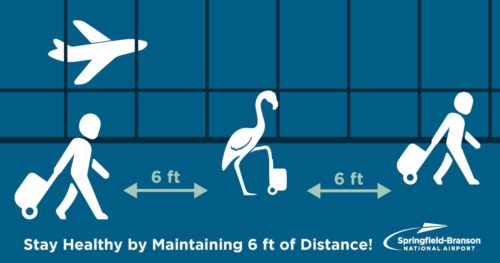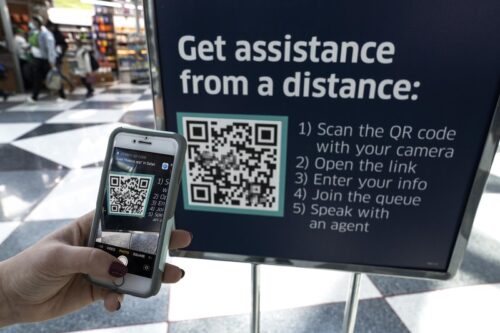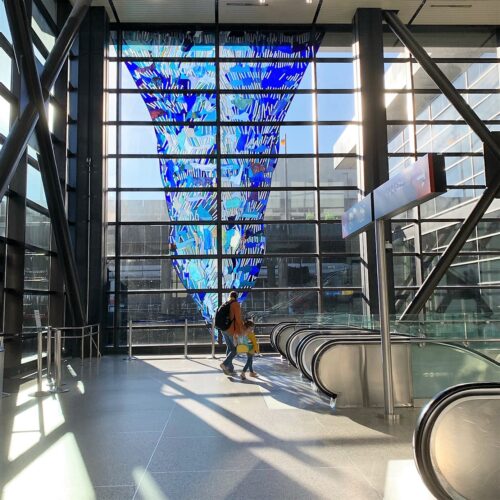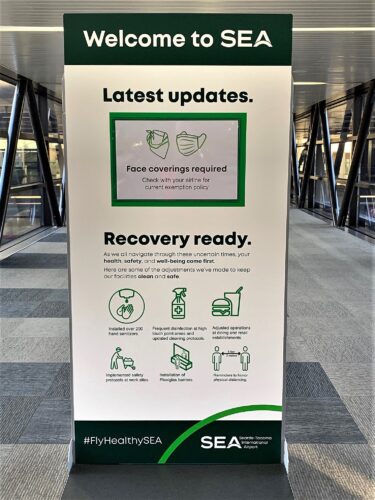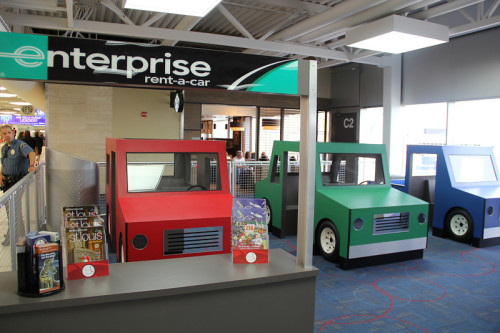
Paying for travel month after month
[This is a slightly different version of a story we wrote for NBC News online]
There are subscriptions for just about everything these days, including streaming services, pet toys, meal plans, even crime-solving kits, and every year there are millions more people willing to pay for them.
According to an international survey by Zuora Subscribed Institute, 78 percent of U.S. adults paid for subscription services last year. The financial services firm UBS predicts the subscription business will continue to grow by 18 percent a year, to $1.5 trillion by 2025.
The travel industry has stayed on the sidelines for much of the subscription boom. But that’s changing. Airlines, rental car companies, and a growing number of hotels and resorts are introducing or expanding their subscription plans to attract the work-from-anywhere workforce and the growing number of leisure travelers who want to go to more places and stay longer.
The industry is “jumping on the subscription bandwagon because it locks in customers and increases profits,” said trends expert Daniel Levin of the Avant-Guide Institute, a travel and trends consulting company. For the right travelers, subscriptions can offer “the one-two punch of lower prices and greater convenience.”
But subscription deals also come with restrictions and fees that can make them costly if travelers’ circumstances change.
Subscribe and Fly
In 2009 and 2010 JetBlue offered the All You Can Jet pass, which gave pass holders unlimited flights for a month.
For very frequent travelers, American Airlines currently offers AirPass, a twist on the $ 250,00-lifetime unlimited travel pass sold in the early 1980s.
Now, for a $10,000 to $30,000 upfront payment, flyers can lock in access to fixed-rate fares on American Airlines and several partners and get enhanced travel flexibility and lots of VIP amenities, including lounge access, upgrades, and other perks. Customers that renew their membership each year may roll over unused funds. Those that don’t, lose them.
In February, Alaska Airlines launched a new subscription program.
For a fixed monthly rate of $49 to $550 and a yearlong commitment, Flight Plan subscribers can take up to 24 round trips, depending on the plan, among 16 airports in California, Nevada, and Arizona, including Los Angeles, Reno, Phoenix, and Las Vegas.
One of those subscribers is Eli Cohen, a qigong instructor who splits his time between San Francisco and Palm Springs, California. He is well-acquainted with the way ticket prices can swing up and down on that route. When the cost of a round trip soared to $400 last month, he decided to subscribe. Now, “instead of $400 for one round-trip flight, I’ll pay $600 and get six flights for the year,” he said. “And I’m also looking at flying for vacation to Los Angeles and San Diego.”
Alaska won’t disclose sign-up numbers, but “we are tracking just ahead of our full-year projections,” said Alex Corey, Alaska Airlines’ managing director of business development and products. He also said 1 of 3 new subscribers hadn’t flown Alaska in at least three years and that most have committed to more flights than they had taken with the airline at any time in the past.
Henry Harteveldt, a travel analyst and the founder of Atmosphere Research, said, “There has never been a more compelling time for airlines to consider developing subscription products than now.”
He adds, “The travel business is like the soda business. The only way for brands to grow their market share is by stealing customers from their competitors. And fewer travelers view themselves as loyal to airlines and hotel brands than in 2019.”
Smaller airlines, including Volaris, a Mexico-based low-cost carrier, and FlySafair, a low-cost South African airline also offer subscription plans, and several other airlines in South America and Europe are expected to announce plans soon, said Iñaki Uriz, the CEO of Caravelo, a subscription platform for the airline industry.
“Before the pandemic, airlines were in their comfort zone and felt they had everything under control,” he said. Now, with the big drop-off in business travel and the rise of remote work, “airlines are much more willing to risk change, evolve and innovate.”
Subscribe and Stay
Hotel operators and other lodging companies are also embracing the subscription model to build relationships with 20- and 30-something travelers, who intend to blur the line between work and travel and are comfortable with monthly fees.
Selina, for instance, is an upscale hostel network based in Panama geared toward remote workers and what it calls “digital nomads.” The company has more than 90 properties in 18 countries, including the U.S., Brazil, and Costa Rica. Its CoLive subscription package starts at $450 a month for dormitory-style accommodations with shared bathrooms, communal kitchens, and common workspaces. Private rooms can run $3,000 a month or more, depending on the location. Subscribers can stay up to 30 days in one location or switch locations up to three times during the month.
The Dutch boutique hotel chain citizenM, known for its hip and high-tech design, is about to roll out a retooled and renamed version of a subscription plan it launched during the pandemic when travel was in deep trouble. For Ernest Lee, the chain’s chief growth officer, that was the point.
Before the pandemic, “we were never in the right position to risk our existing business because market conditions were quite stable,” he said. “But once your occupancy goes down to single digits, you are emboldened to try new ideas.”
One of those ideas was Global Passport, which cost $1,500 a month, for up to 29 consecutive nights at its properties in Europe, the U.S., and Asia. The plan was discontinued as the new one was being developed.
Subscription travel also comes in luxury versions. Inspirato is one of the industry’s biggest luxury travel membership companies. Its Inspirato Pass includes access to vacation homes and luxury hotels around the world, as well as experiences and travel planning. There is a $2,500 enrollment fee, a monthly fee of $2,500, and no minimum commitment. There are certain rules around booking stays, and two weeks is the maximum for one location.
Kathryn Wong, who travels frequently with her husband, said they were thinking about buying a vacation home. They signed up for Inspirato, instead. “I tracked all our Inspirato trips last year and compared our $30,000 in dues to the [prices] the actual resorts display for each trip,” she said. The value of the trips turned out to be more than twice the costs of the membership, “and we saved time in not having to do research and trip planning.”
Subscribe and Drive
If any part of the travel industry has been hit hard by the huge fall-off in business travel, it’s the rental car business, which relied heavily on corporate accounts.
The industry is just “dipping a toe in the water” with subscription programs, said Mike Taylor, the practice lead for travel intelligence at J.D. Power. Enterprise and Hertz have plans in which renters pay a set monthly fee, without a long-term commitment, and have the option to switch cars multiple times each month.
Enterprise’s plan costs $1,499 a month, with a two-month minimum and a $250 enrollment fee. The plan is available only in Minnesota, Missouri, and Nevada. Insurance is included, and drivers can swap out vehicles four times a month.
Hertz also has a two-month minimum, and it costs about the same at the high end, but it has a wider range of programs than Enterprise, one of them as low as $599 a month. At the moment, the plan is full because of supply chain issues, and the same shortage of rental cars that some travelers may remember drove prices into the stratosphere last year.
Taylor said he expects more car rental companies to come around to subscriptions. Younger generations are comfortable with the subscription model, he said. “And they are also the higher-margin renters.”
